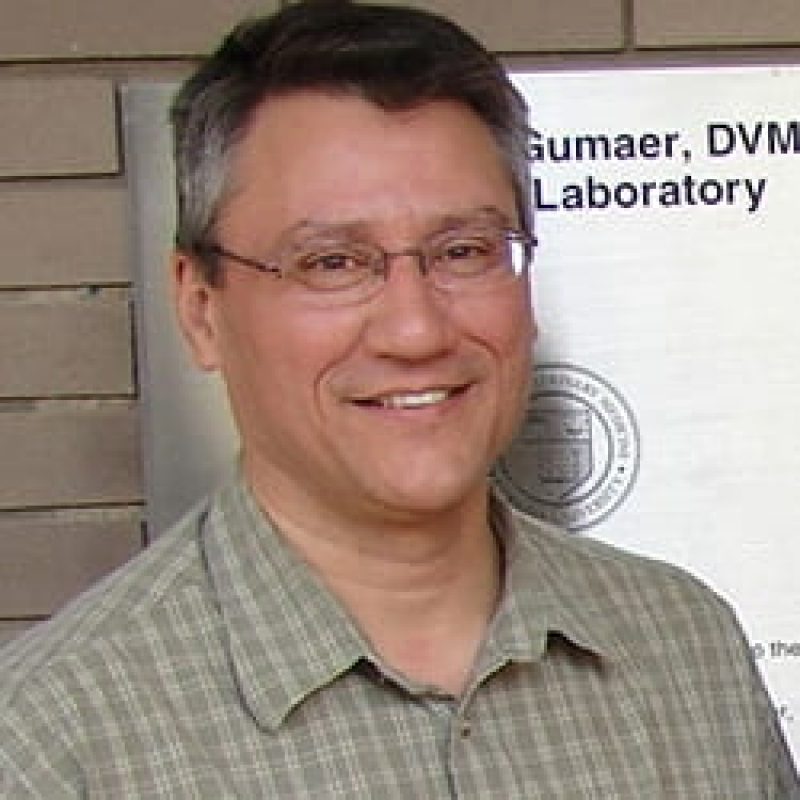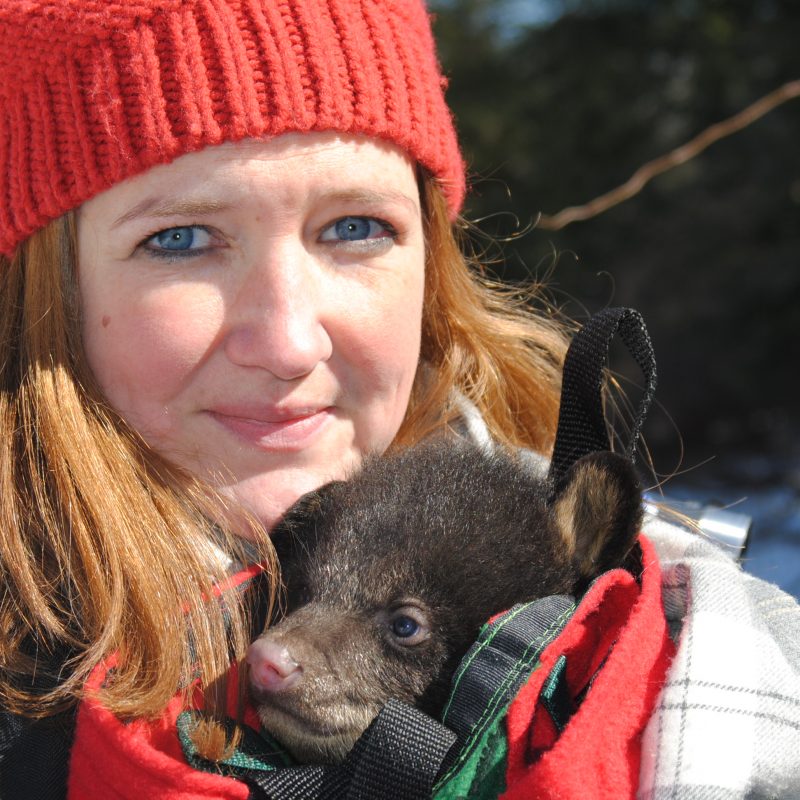Research Area: Animal Hosts
-

Scott McArt
We study how pathogens influence pollinator health. Students collect data on plant-pollinator visitation networks, pathogen prevalence in bees and at flowers, pathogen replication and impacts on host survival, or conduct manipulative experiments to understand transmission parameters. The overall goal of our work is to improve[...] -

Daniel Klessig
Our research is focused on understanding how plants protect themselves against microbial pathogens at molecular and cellular levels. Major goals are to determine the mechanisms of salicylic acid (SA) activation and regulation of the plant’s immune responses, and to identify new targets or aspirin (acetyl[...] -

Gerald Duhamel
My research is focused on the eukaryotic cell DNA damage response (DDR) to a novel bacterial genotoxin called cytolethal distending toxin (CDT) within the context of intestinal disease of human and animals. I also have extensive experience in the development and assessment of laboratory animal[...] -

Andrew Clark
We study the molecular evolution and population genetics of the immune system in Drosophila and other insects, specifically focusing on comparative genomics and transcriptional regulation of the immune response. We also explore host genetic variation in microbiome composition and function in a large human twin study and[...] -

Yung-Fu Chang
My research focuses on the pathogenesis of bacterial diseases and vaccine protection mechanisms. My lab is working on the interaction of host receptors and virulence factors of C. difficile (toxins), Leptospira spp, and F. nucleatum (adhesins). We are also working on the mucosa immunity against F. nucleatum and M. avium subsp. paratuberculosis using outer membrane vesicle[...] -

Gary Whittaker
My lab has a broad interest in the structure and function of viral envelope proteins, and how genomic mutations lead to changes in the envelope proteins and control viral pathogenesis. We primarily study influenza viruses of humans and animals, and coronaviruses, principally, SARS-CoV, MERS-CoV and[...] -

Maren Vitousek
My lab studies how stress and social interactions alter the biological state of organisms and their gut microbes. Much of our work uses free-living passerine birds as systems to test the gut microbial impacts of stress and social connectedness. Student projects will involve field work[...] -

Brian VanderVen
We study how M.tuberculosis is capable of surviving within humans for decades in the face of a fully competent immune response. Our focus is primarily on the bacterial pathways, innate immunity, and the evolution of bacterial drug resistance in mammalian hosts. -

Jeongmin Song
The unifying themes of my ongoing research program are seeking to understand the underlying mechanisms that control the pathogenesis and disease associated with bacterial infections, as well as developing control strategies for the bacteria or its associated disease. The main focus for the past years[...] -

Krysten Schuler
My research group focuses on free-ranging North America wildlife to improve health outcomes across a variety of species, their pathogens and parasites. At the Cornell Wildlife Health Lab, we derive solutions from novel mathematical applications, innovative diagnostic evaluations, field-based studies, and human dimensions of wildlife[...]
